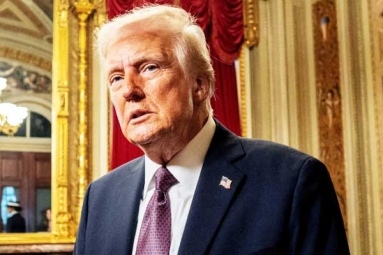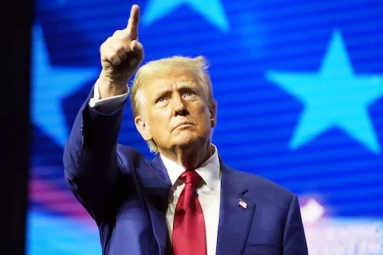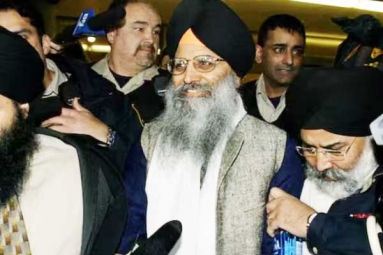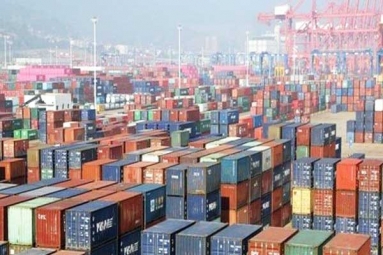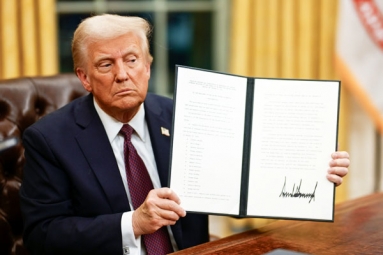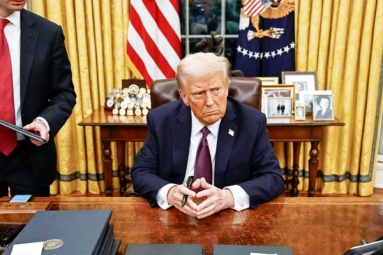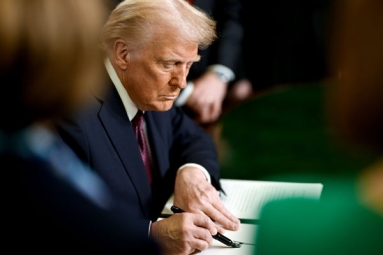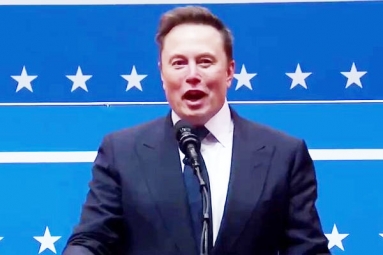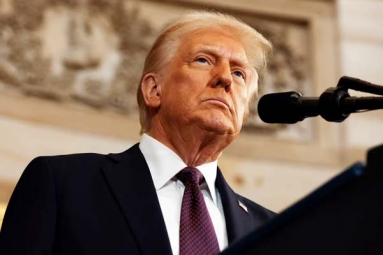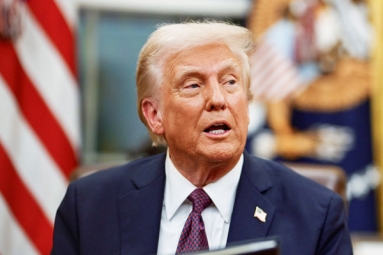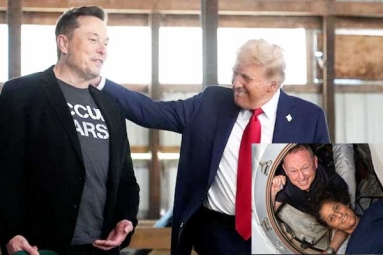India Might Lose Withdrawal Of Zero Tariffs Under U.S Trade Concession
February 08, 2019 18:56
Recent reports suggest that there is a possibility for India to lose its vital United States trade concession under which it got to enjoy zero tariff charges on around $5.6 billion exports to the United States of America. The same is believed to have risen over a widening dispute over the varying trade and investment policies.
This sudden move of withdrawing the Generalised System of Preferences (GSP) from India which is the world’s largest beneficiary scheme since the 1970s is most probably the biggest move made ever since Donald Trump took charge of the office in 2017 with a promise to bring back stability to the economy of the United States.
Donald Trump has time and time called out India over its high tariffs.
The Indian Prime Minister, Narendra Modi has time and time courted the foreign investment as a part of his Make-in-India campaign to drive better jobs and employments to the youth of the country.
The recent bash to the trade ties is mainly because of the set of new rules set by India on the way Amazon.com and Walmart-backed Flipkart functions to do business in the online market which is set to hit the $200 billion by the year of 2027. Alongside, the present new policies to help the Indian online business giants like Reliance retail are also ending up being the bummer along the way.
On top of that, to add to the riff, the constant drive to force the multiple global card payment companies like Mastercard and Visa to move their date to India along with the impending higher tariffs on the electronics ended up leaving a broader gap on the two consecutive sides.
A few sources did speak out on the topic, suggesting that the United States was actually trying to scale or withdraw this preferential arrangement. One of the sources further stated saying that both the sides were on the constant realm of trying to sort out a trade package but were unable to seal the deal. To top it off, data localization as well as e-commerce have come along the way raining on the parade further.
It is not surprising that India and the United States have developed a stronger tie in terms of political and security. It is the bilateral trade, which stood at $126 billion in the year of 2017 failed to even perform till the quarter of its potential.
Officials suggested saying that the U.S Commerce Secretary, Wilbur Ross is set to visit India in New Delhi next week and would raise issues concerning the e-commerce globalization as well as the prospects of data localization.
According to the newly implemented rules by India, it barred the e-commerce moguls like Amazon and Flipkart to seal deals with some of the well known and sought after sellers around and even restricted their ability to offer discounts to their buyers. They have also barred these e-commerce platforms to sell products from the sellers who indulge in equity interest.
These set of changes and reforms on Modi’s part is believed to play a key role to placate the small traders around. It is also believed to have impacts on the election results and would help him set up a strong base for his election campaign with majority of the support chanelling from that end.
One of the Indian representatives suggested saying that the idea behind these implementations was to foster healthy competition and to make the Indian e-commerce market thrive better on global scales. But, the companies are now disagreeing to these massive and abrupt changes.
If the United States withdraws the duty free access to over 2000 Indian product lines, it is believed to affect and impact the small business the most.
The US Embassy and the associated failed to issue a response regarding the same when asked. Even the trade ministry in India didn’t get back with a reply when e-mailed out to. Keeping that aside, an official did confirm that both the parties are having an ongoing discussion and negotiating better access to each other’s dairy as well as farm markets.
With the possibility of withdrawal of the zero tariff trade, India now fears that Trump might end up demanding a free trade agreement if they both are unable to reach to a conclusion and negotiate everything properly. In short, this would mean zero tariffs for the U.S goods in India which is expected to impact the local industry the most.
-Somapika Dutta






